Moisturizers: Tailoring Hydration Superheroes for Diverse Skin Types & Concerns
Research
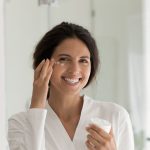
Moisturizers hydrate, restrict moisture loss, and maintain the skin’s protective barrier. The nourishment a moisturizer offers can help prevent many skin issues and assist in specific concerns.
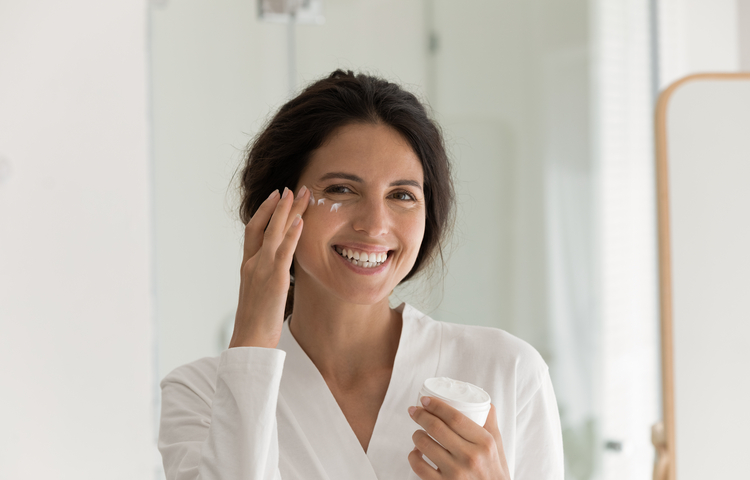
In the realm of skincare, moisturizers are the key ingredients that hydrate skin, restrict moisture loss, and maintain the skin’s protective barrier. These function as humectants, emollients, or occlusives, each with a unique mode of action, to assist skin barrier repair, preserve skin integrity, and enhance the overall radiance and health of the skin. Applying moisturizer smooths the skin's surface by filling up the crevices between partly desquamated skin flakes and facilitating the intercellular lipid bilayers' capacity to absorb, hold onto, and redistribute water. Apart from hydration, moisturizers are vital to skincare due to their anti-inflammatory, antipruritic, and accelerated wound healing attributes. They also cover minor skin fissures, offer a calming protective film, and shield skin from friction. The nourishment a moisturizer offers can help prevent many skin issues and assist in specific concerns of aging skin like fine lines, wrinkles, and loss of firmness.
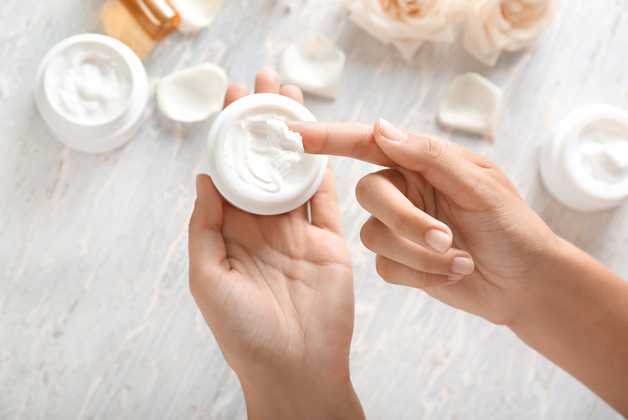
Are Moisturizers the Trusted Allies Only for Dry Skin?
It is a common presumption that moisturizers are only required to embrace the chilly weather or for those with dry skin. However, the truth is almost all scientific studies have validated the positive effects of moisturizers on individuals of all ages and all skin types including:
-Dry to Normal
-Oily or Acne-prone
-Combination types
-Sensitive/Immunocompromised
-Compromised with specific concerns like seborrheic, atopic, nummular, and contact dermatitis, psoriasis, scars Pediatric to Aging skin
An American Academy of Dermatology study found that 85% of physicians advise their patients to use moisturizers to maintain healthy skin. Another research carried out by Dermatologists at the University of California, San Francisco reported that mild and hypoallergenic moisturizers enhanced skin hydration, decreased redness, and provided soothing comfort to sensitive skin. A clinical trial published in the Journal of Cosmetic Dermatology demonstrated that using the moisturizer consistently for 12 weeks, resulted in a considerable increase in the hydration, firmness, and decrease of fine lines and wrinkles on the skin.
The Power of Moisturizers for Oily Skin
Skipping moisturization for oily skin can trigger the production of more oil, leading to clogged pores, a greasy appearance, and worsened acne due to the neglect of proper hydration. Oily and acne-prone skin requires specialized moisturizing formulations which are:
- Lightweight, fast-absorbing, and non-comedogenic
-Regulate sebum/oil production
-Restore the compromised skin barrier
-Anti-Inflammatory and soothing
-Mattifying and minimizing shine
-Offer essential hydration and prevent further breakouts
Though the indispensable incorporation of moisturizers in skincare is quite obvious, the efficacy required to meet the unique needs of different skin types and address specific skin concerns necessitates:
-Deep scientific knowledge
-Meticulous research
-Continuous innovation
-Expertise in the intricate process of formulation
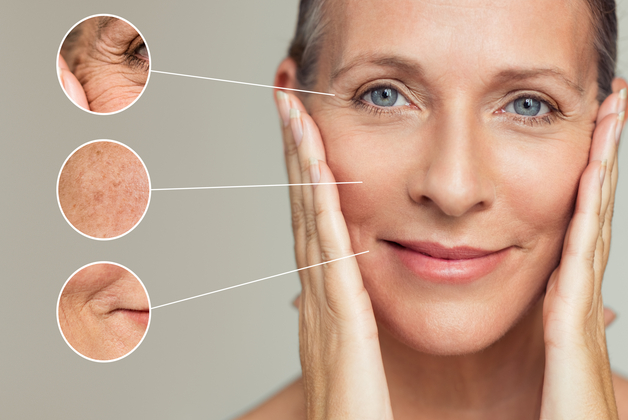
Challenges in the Art of Formulating Nurturing Moisturizers with High Efficacy
Let’s dive further into the complexities and challenges that must be adequately navigated to formulate an efficacious moisturizer.
Understanding Diverse Skin Concerns:
All skin types and concerns have unique characteristics that deserve tailored attention. It is very important to formulate choosing the right actives, and excipients (emulsifiers, antioxidants, preservatives), which are compatible with the targeted skin type to provide an effective solution.
For instance, a moisturizer designed for sensitive or allergic individuals should be hypoallergenic, fragrance-free, free from common irritants such as alcohol, sulfates, and parabens, and have soothing ingredients which do not trigger any adverse or allergenic response. Similarly, moisturizers for aging skin should prioritize hydration, collagen stimulation, and antioxidant protection.
Emollients, humectants, and occlusives constitute the basic framework of moisturizers, whose right selection and mixing proportions are vital to formulating a tailored and effective moisturizer with optimal water-holding capacity.
Emollients, mostly constituted of lipids and their components reduce water loss and maintain skin barrier function. These include isopropyl palmitate, glyceryl stearate, castor oil, jojoba oil, etc.
Humectants aid in stratum corneum hydration by trapping and retaining moisture. Most of the natural moisturizing factors (NMF), low molecular weight soluble hygroscopic substances belong to this category and common examples include hyaluronic acid, panthenol, glycerin, gelatin, glycolic acid, etc.
Occlusives create a hydrophobic barrier on the skin surface, limiting excessive water evaporation and sealing in moisture. Most common representatives comprise petroleum jelly, caprylic/capric triglyceride, lecithin, wax esters, etc.
If these are not carefully chosen, overall moisture balances will not be attained and several issues like greasiness, skin sensitivity, discomfort, weakened skin barrier, and exacerbation of pre-existing skin conditions can arise, leading to suboptimal skincare outcomes.
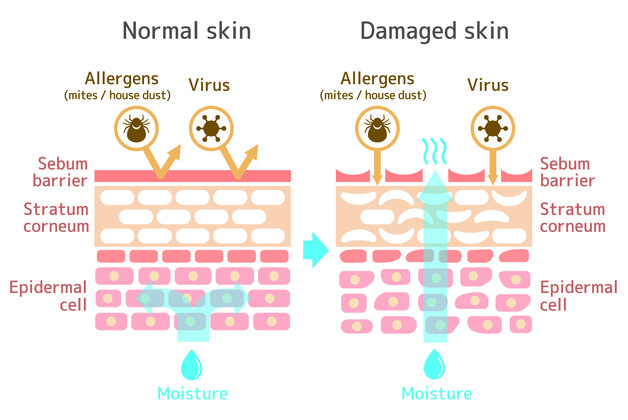
Balancing Optimal Texture and Absorption:
Achieving the right balance between texture and absorption is vital for offering the best user experience and achieving the intended skincare benefits. Formulation precision is the key to achieving this delicate equilibrium. Thus, failing to achieve this balance can result in user dissatisfaction, reduced product efficacy, and missed opportunities for building customer loyalty and trust.
For instance, moisturizers for oily or sensitive skin should be lightweight, non-greasy, quick-absorbing, mattifying formulations while those with dry or sensitive skin may benefit from richer, more nourishing textures. Further, if a moisturizer does not have the right texture or absorption, it will not spread evenly and won’t deliver its active ingredients effectively to the skin while adding extra discomfort due to product residue or excess sitting on the skin's surface.
Providing Long-Lasting or Extended Hydration:
Selecting ingredients with exceptional hydrating properties and using advanced formulation techniques can help to achieve a moisture-locking effect on the skin. For instance, ingredients like ceramides, hyaluronic acid, glycerin, and shea butter promote long-lasting hydration.
Another way of ensuring a continuous supply of hydration is employing slow-release novel delivery systems (NDS) that regulate the release of active ingredients. Microencapsulation, liposomal delivery systems, specific polymers, or encapsulation systems aid in providing a sustained hydration effect over time, which gives a competitive and differentiating advantage over short-term relief.
Tested and Validated Formulations:
To provide empirical evidence to support the efficacy of moisturizers for specific skin concerns, the formulations should undergo appropriate testing. The use of clinically proven hydrating actives and FDA-approved gentle, non-irritating, and safe constituents will also facilitate aligning them with dermatologists' rigorous efficacy and safety standards.
Combining advanced moisturizing actives, moisture-locking technologies, and slow-release delivery systems with scientific validation of their efficacy and safety will produce effective formulations that maximize moisturizer benefits for all skin types and concerns.